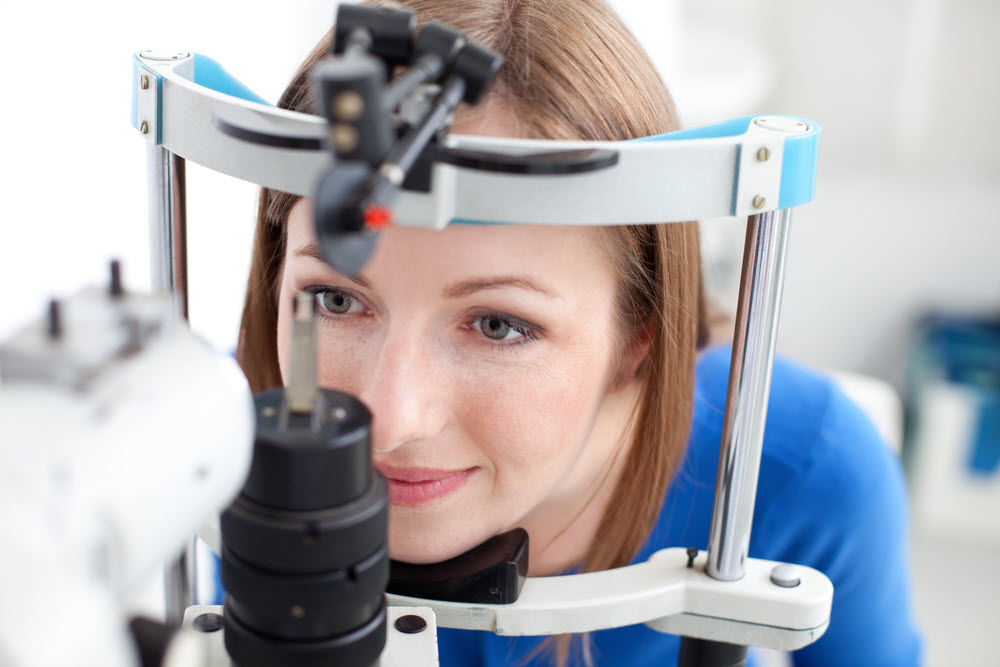Why are eye exams important?An eye exam is a critical part of keeping your eyes healthy and preserving your vision. An eye exam can spot problems before they become severe and also allow for prompt treatment. For example, certain eye diseases do not have symptoms in the early stages. According to the National Eye Institute, diabetic retinopathy may not have symptoms at first, but over time, it can lead to vision loss. Early diagnosis can help prevent complications. What is involved in an eye exam?Depending on the tests performed, a comprehensive eye exam may take about an hour or possibly a bit more. Usually, the doctor performs a variety of tests to check visual acuity, screen for glaucoma, and view the structures of your eyes. The exact tests may depend on how frequently you have an eye exam, your age, and risk factors for vision problems. Possible tests include:
How do you prepare?There is not a lot of preparation before a comprehensive eye exam, but there are a few things you may want to do. To prepare for an eye exam, it is helpful to consider the following: Bring your prescription contacts or glasses. If you wear contact lenses or glasses, it is helpful to bring them with you to your appointment. Your ophthalmologist can make sure the prescription is appropriate for your needs. Bring sunglasses. You may have your eyes dilated with drops as part of the eye exam. If you do, the bright light may cause some mild discomfort. Wearing sunglasses may help. Before your appointment, ask if the doctor will dilate your eyes in case you want to have someone else drive. Write down questions. Before your exam, consider writing down any questions you may have or areas of concern you want to discuss. Once you are undergoing the exam, you may forget what you wanted to talk about. So, having notes may help. Bring a list of medications you take. If you are taking any medications, it is useful to have a list. Certain drugs can cause side effects, such as dry eyes. Having information about which medications you take may help your doctor have a clearer picture of what may be contributing to eye issues. Guidelines for how often you should have an eye exam How often you should have an eye exam may vary depending on whether any of the following applies:
Typically, the American Academy of Ophthalmology advises people over the age of 40 to have a comprehensive eye exam as a baseline evaluation. But some people may not want to wait that long. Depending on the results of the exam, your eye doctor will provide further recommendations. If you have any questions or concerns, we are happy to help. Also, if you would like to ask whether an appointment with one of our eye doctors would be appropriate at this time, call our office at 508-746-8600. Comments are closed.
|
EYE HEALTH BLOGCategories
All
Archives
July 2024
|
|
Kadrmas Eye Care New England
55 Commerce Way, Plymouth, MA 02360
14 Tobey Road, Wareham, MA 02571 133 Falmouth Road (Rt 28), Mashpee, MA 02649 |
Phone Number:
1-508-746-8600 Hours: Monday through Friday — 8 AM – 4:30 PM |


 RSS Feed
RSS Feed
